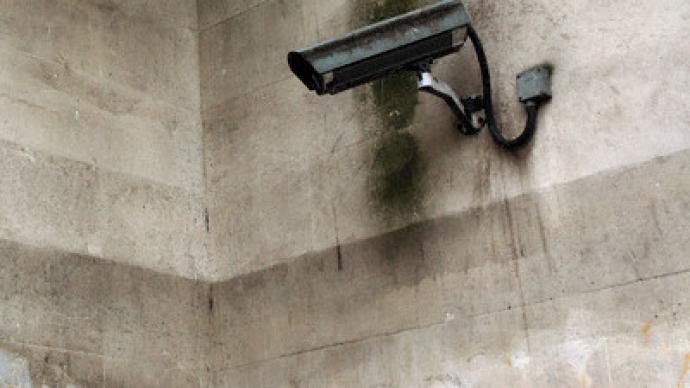DC convention helps governments spy on citizens

Representatives from governments across the globe gathered in Washington DC last month, but it wasn’t international affairs that they were there to discuss.
The meeting, rather, was an annual conference where figureheads far and wide come together to discuss the latest and greatest ways to spy on their own citizens.At this year’s Intelligence Support Systems (ISS) World Americas conference, the only consumers were the governments of great nations far and wide who came together in DC last month to go over the newest achievements in “lawful interception” methods, reveals an article published this week in the UK’s Guardian. According to their filing, international figureheads came together on American soil to find the freshest ways to carry out clandestine surveillance on their own citizens back home by hacking smart phones, laptops and anything else with a circuit.The actual roster from this year’s guest list is kept top-secret, much like the information inside the exclusive DC conference room, but past reports suggest it reads like a who’s who of foreign nations. In 2008, for examples, the Spanish biometrics company Agnito said they were proud to be a participant in that year’s conference, which it describes on their website as a meeting-place that focuses on Intelligence Gathering. As the worldwide leader in voice biometrics, Agnito’s list of clients includes the Spanish Ministry of Defense, the national police of France, the prosecutor’s office of South Korea and some of the biggest banks in Spain.Don’t let that list of “friendly” nations let you think that nothing is amiss here, however. In The Guardian’s article, Jerry Lucas, president of TeleStrategies, says that the manufacturers of surveillance technologies are free to pitch products to any nation they want. "The surveillance that we display in our conferences, and discuss how to use, is available to any country in the world," Lucas tells The Guardian. "Do some countries use this technology to suppress political statements? Yes, I would say that's probably fair to say. But who are the vendors to say that the technology is not being used for good as well as for what you would consider not so good?"Apparently no one is saying what constitutes good use versus bad use and it happens right here on American soil. Gamma International, an ISS World sponsor, had earlier this year been exposed for attempting to sell surveillance technologies to a spy regime commanded by Hosni Mubarak. Another company that attends yearly, Hacking Team from Italy, says that it has the technology to monitor more than 100,000 units over the span of an entire country by remotely bugging the audio and device of phones and other gadgets without the user ever being aware.David Vincenzetti, founding partner of Hacking Team, says that the company has already successfully sold software in 30 countries across the span of five continents. On their website they write that their particular technology also them to evade encryption using stealthy installed software on phones and other devices. But, adds Vincenzetti, the Hacking Team takes into account “UN resolutions, international treaties, Human Rights Watch and Amnesty International recommendations." Does it really matter who says what nation is good and what isn’t? Vincenzetti says he isn’t concerned as long as it isn’t him. "That's just not my job to determine who's a bad country and who's a good country. That's not our business, we're not politicians … we're a for-profit company. Our business is bringing governments together who want to buy this technology,” he says.Even if Hacking Team and other abide to international law, does that mean that they will be thwarted anytime soon for helping countries across the globe carry out clandestine surveillance? Probably not."It's an open market,” he tells The Guardian. “You cannot stop the flow of surveillance equipment."














